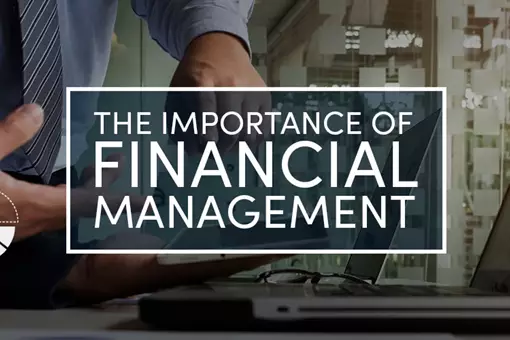EU plans high-frequency trading crackdown
- 16th April 2014
- Accountancy & Finance

New restrictions on high-frequency trading are planned in the European Union (EU), but analysts are divided on the proposals.
High-frequency trading is about to become subject to tough new rules within the EU. Policymakers are preparing to pass new legislation that will place some of the world’s strictest regulations on the practice, which uses computers and complex algorithms to monitor different markets at the same time and place multiple orders at once.
The computers act much more quickly than human financial traders – high-frequency trades are measured in microseconds, which means the algorithms can be used to make profit from even the smallest and shortest-lived share increases.
Though even the European Commission acknowledges that this can bring some benefits to the market, regulators have been looking closely at high-frequency trading since the Flash Crash of 2010. It began with one mutual fund firm selling more E-Mini and S&P contracts than usual, but led to an average stock reduction of nine per cent when high-frequency traders started aggressively selling stocks.
Under the new rules, high-frequency trading algorithms will have to be tested and regulated, those who quote buy and sell prices for shares will be expected to stay in the market for a specified minimum period to limit volatility.
More controversial, however, is the decision to place a limit on on the smallest possible price increments at which shares are traded.Writing for Forbes, Tim Worstall describes this move as “incredibly silly”, since smaller increments are the single biggest benefit he sees in the existence of high-frequency trading.
“That tick, that bid/ask spread, is the fee that we investors pay to the market professionals for being able to buy and sell,” he writes. “So, a reduction in that tick means a reduction in what it costs us to save for our pensions.”
This isn’t the first time that high-frequency trading has come in for criticism. The FBI has been investigating the behaviour of these companies for a year in the US. It has only recently announced that it is looking into whether high-frequency trading firms are using insider information to gain an unfair advantage.
However, it is probably fair to say that if these new regulations are passed, they will represent some of the biggest changes to high-frequency trading since its inception.
Other News
The Importance of Financial Management
Financial management is one of the most important aspects in business. In order to start up or even run a…
ACCA and CIPM of Nigeria sign a collaborative agreement
According to a recent article by The Guardian earlier this month, the Association of Chartered Certified Accountants (ACCA) and the…
AAT achieve KHDA recognition
We are excited to announce that AAT has been officially recognised as an International Certification Organisation by the Knowledge and…



